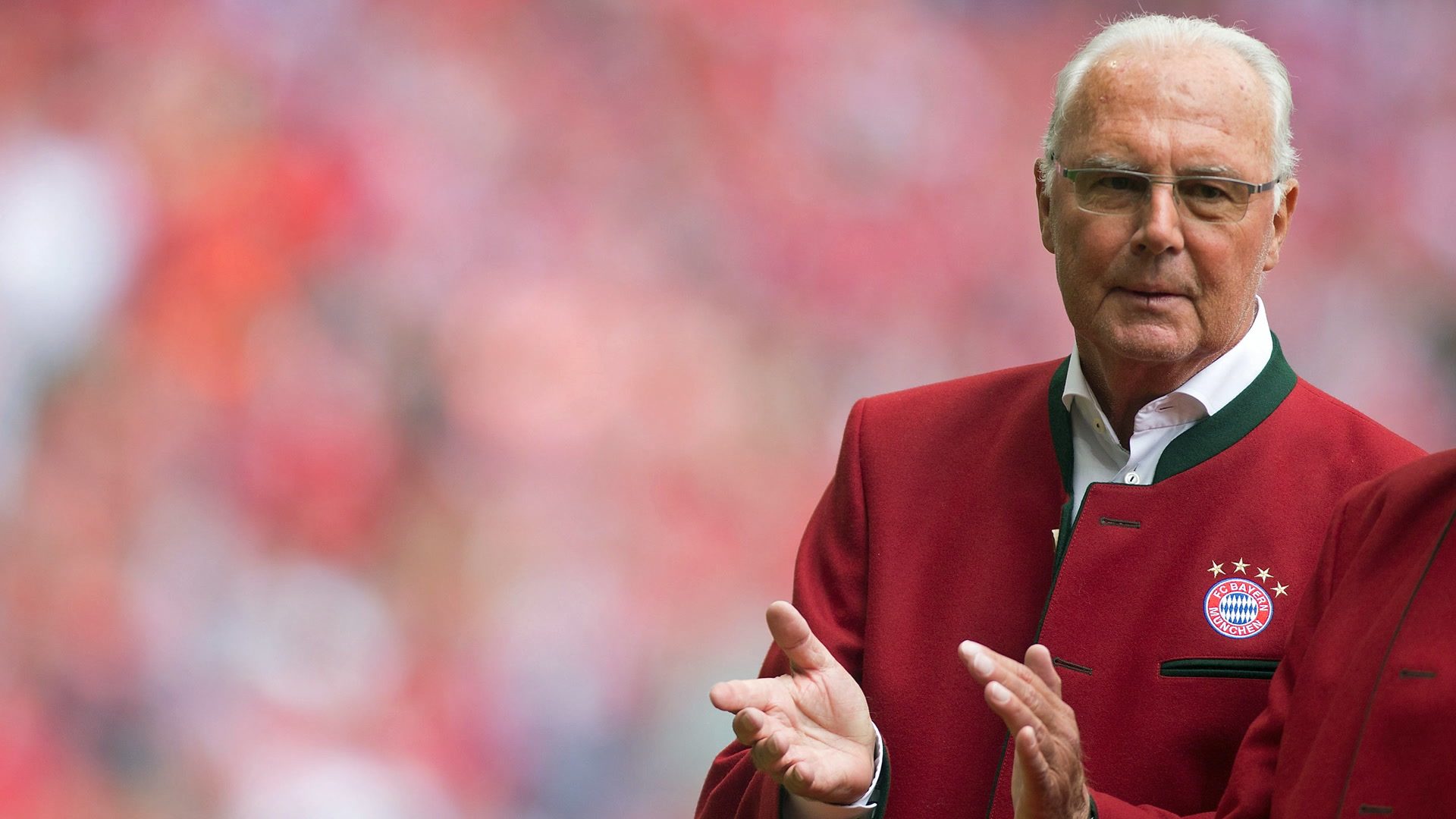
Franz Beckenbauer is a name that resonates with football fans around the world. As one of the greatest footballers of all time, Beckenbauer’s impact on the sport is immeasurable. From his sublime skills on the field to his impressive managerial career, Beckenbauer has left an indelible mark on the game that continues to influence players and managers to this day. In this article, we will delve into 20 fascinating facts about Franz Beckenbauer, shedding light on his personal life, his achievements, and his contribution to the beautiful game. So, strap on your football boots and get ready to be amazed by the remarkable journey of Franz Beckenbauer.
Key Takeaways:
- Franz Beckenbauer, “Der Kaiser,” revolutionized football with his versatile playing style, managerial success, and commitment to fair play, leaving an enduring impact on the sport and inspiring future generations.
- Beckenbauer’s legacy as a football icon is marked by his exceptional skills, leadership, and philanthropy, showcasing the transformative power of sports and the enduring influence of a true legend.
The Early Years
Franz Beckenbauer, commonly known as “Der Kaiser,” was born on September 11, 1945, in Munich, Germany. He began his football journey at a young age and quickly rose through the ranks, showcasing immense talent and skill.
Football Legacy
Beckenbauer is recognized as one of the greatest footballers of all time. He captained the German national team to win the FIFA World Cup in 1974 and again as a coach in His leadership and tactical brilliance on the field earned him a legendary status in the football world.
Revolutionizing the Game
Known for his ability to play in different positions, Beckenbauer redefined the role of a defender by adopting a more offensive approach. He popularized the modern sweeper position, which involved pushing up into midfield to initiate attacks while maintaining defensive responsibilities.
Club Success
During his club career, Beckenbauer achieved great success playing for Bayern Munich and later for New York Cosmos in the North American Soccer League. He won numerous league titles, domestic cups, and international club competitions.
The First European Cup
In 1974, Beckenbauer led Bayern Munich to win their first-ever European Cup, now known as the UEFA Champions League. This triumph solidified his status as one of the most influential figures in German football history.
World Player of the Year
In 1972 and 1976, Beckenbauer was awarded the prestigious Ballon d’Or, becoming the first defender to win the accolade. This further validated his exceptional skills and contributions to the sport.
Managerial Career
After retiring as a player, Beckenbauer ventured into managing various football clubs and national teams. He had successful tenures as the head coach of the German national team and led them to the World Cup final in 1990.
The Beckenbauer Code
Beckenbauer’s style of play, often characterized by his calmness, elegant ball control, and intelligent decision-making, inspired many generations of footballers. His influence can still be seen in the game today.
The Three World Cups
Beckenbauer has been a part of three different World Cups, representing Germany as a player in 1966, 1970, and He then had a managerial role in the 1990 World Cup, solidifying his involvement in the iconic tournament throughout his career.
The Honorary President
After his retirement, Beckenbauer was honored by Bayern Munich and the German Football Association (DFB) as the honorary president for his significant contributions to German football.
The FIFA World Cup Ambassador
In recognition of his achievements, Beckenbauer has been appointed as a FIFA World Cup ambassador. He actively promotes the spirit of the game and advocates for fair play and sportsmanship.
The Beckenbauer Statue
In 2014, a statue of Beckenbauer was unveiled in his hometown of Munich, paying tribute to his remarkable career and his impact on German football.
The Philanthropist
Beckenbauer is involved in various charitable activities and foundations, supporting numerous causes and making a positive impact off the field as well.
The Multi-linguist
With his global recognition and extensive travels, Beckenbauer is fluent in multiple languages, including German, English, and Italian. This has allowed him to connect and communicate with fans and people from different cultures.
The Style Icon
Beckenbauer’s effortless elegance isn’t limited to the football pitch. Known for his impeccable fashion sense, he has been a style icon throughout his career, setting trends with his attire and accessories.
The TV Pundit
Following his retirement from coaching, Beckenbauer became a popular TV pundit, providing expert analysis and insights during major football tournaments and matches.
The Mentor
Beckenbauer has mentored and inspired many young players, passing on his knowledge and experience to the next generation of football stars.
The Ambassador of Fair Play
Throughout his career, Beckenbauer has been a staunch advocate for fair play and sportsmanship. His commitment to ethical conduct on and off the field has earned him the respect and admiration of fans worldwide.
The World Football Hall of Famer
In recognition of his outstanding contributions to the game, Beckenbauer was inducted into the FIFA World Football Hall of Fame in 1998.
The Scandal
Despite his illustrious career, Beckenbauer faced controversy and allegations of corruption related to his role in the bidding process for the 2018 and 2022 World Cups. These accusations tarnished his reputation, but his legacy as a football icon remains.
Franz Beckenbauer's incredible journey from a young prodigy to a global football icon is truly inspiring. His impact on the beautiful game extends far beyond his playing days, as he continues to shape the sport through his various roles and philanthropic endeavors. While Beckenbauer's legacy is firmly cemented in the annals of football history, there are many more fascinating stories waiting to be explored, such as the rise and fall of the New York Cosmos, a team that once took the United States by storm.
Was this page helpful?
Our commitment to delivering trustworthy and engaging content is at the heart of what we do. Each fact on our site is contributed by real users like you, bringing a wealth of diverse insights and information. To ensure the highest standards of accuracy and reliability, our dedicated editors meticulously review each submission. This process guarantees that the facts we share are not only fascinating but also credible. Trust in our commitment to quality and authenticity as you explore and learn with us.


